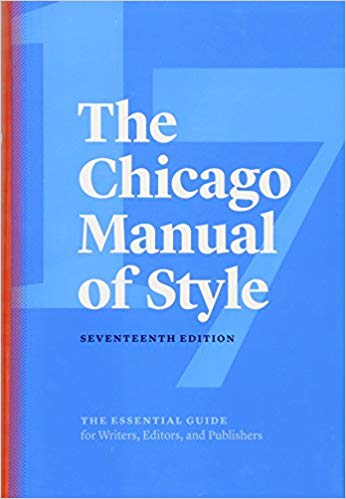 Politics in the U.S. has increasingly garnered our attention since Donald Trump became president. In writing about it, people are making an error about capitalizing “President.” Is it right to say “Donald Trump is the president” or “he is the President”? I’ll get into this shortly. But first, I’ll give a little background about writing and me writing.
Politics in the U.S. has increasingly garnered our attention since Donald Trump became president. In writing about it, people are making an error about capitalizing “President.” Is it right to say “Donald Trump is the president” or “he is the President”? I’ll get into this shortly. But first, I’ll give a little background about writing and me writing.
I’ve been writing serious nonfiction books for about 37 years. I started a hobby about writing a book before that, while I was still playing the PGA Tour full time. But it got serious when I officially retired from the regular Tour, after 1982. I now have seven theological books published. (Learn about them at my website kermitzarley.com.)
The bible of writing in the U.S. is The Chicago Manual of Style. It is now up to the 18th edition. Anyone who tries to be an author is foolish if he or she does not own a copy of it. It is an expensive book, but well worth the investment. However, any book is useless in your library if you never use it.
I purchased my first copy of Chicago–as it is abbreviated in the trade–in 1982, and it was the 13th edition. The last edition I bought was the 15th edition, published in 2003. Wow, I don’t know how I got away with that with Wipf & Stock, the publisher of my last book, which was in 2015. So, I need to cough up the cash and buy the latest edition. But I don’t like to do that because I have all my notes and underlining in my older copies.
By the way, the word “style,” in the title The Chicago Manual of Style, does not mean what most people think–an individual’s mode of expression with words. Rather, it means the proper mechanics in using a language. This includes spelling, capitalization, word division, abbreviation, proper grammar, such as punctuation, and notes (whether footnotes or endnotes). In writing a book, it includes how to make front and back matter, such as a table of contents, preface, bibliography, and indices.
It also should be understood that the British and the Americans are not always on the same page, to make a pun, when it comes to the proper writing mechanics in English. For example, the British use much less punctuation than we do. In this case, Americans have been changing to less punctuation, thus following the Brits. We also have been changing by having much less capitalization.
President Trump likes to capitalize a lot of words in his many tweets on Twitter. But that is very “old school” and therefore no longer proper. Trump also does a lot of full caps. That is even more not recommended and used only in rare instances. Of course, those who overdue full caps, as Trump, do it for emphasis. But all modern books on writing style, such as Chicago, have for many years been telling us we should use italics for emphasis. But blustery Donald Trump probably wouldn’t be convinced of that one.
Yes, people change in their use of language, and these changes get incorporated into dictionaries and books about writing style, such as Chicago. English-speaking Bible readers, both Brits and Americans, usually are quite familiar with this, especially if they are as old as I am. When I first started reading the Bible, most British and American Bible readers were using the King James Version, first published in 1611. (Many Bible readers don’t know that the KJV was improved for many years.) Even today’s edition of the KJV uses the old Elizabethan English, as did Shakespeare.
Now for the reason I’m writing this. Writers often make the mistake of capitalizing the title of an office, such as “president” of the U.S. The only time you are supposed to capitalize “president” is when it precedes the person’s name, such as President Donald Trump or President Lincoln. If you refer to Trump as president, you write “the president,” not “the President.” My latest edition of Chicago explains it as follows, “Titles are normally lowercased when following a name or used in place of a name.”
However, in the U.S. the academic writing experts and journalists are not always on the same page, either. The most well known difference between them is the so-called “serial comma,” also called “the Oxford comma.” Brits and Americans agree on this one. Chicago and all similar books teach that a series of three or more words that are offset by commas must have a comma separating the last two words. For instance, “John ate, played, and tired.” But American journalists would write this, “John ate, played and tired.” U.S. writing experts have always said that our journalism should get with the program and get it right about the serial comma, thus insert that last comma.
I’m not sure about journalists’ custom on personal titles. Maybe it is to capitalize “Trump is the President,” thus differing from Chicago. Can anybody help me out here? If I’m right, I’m going to go on noticing that journalists get this wrong. I’d rather fawgetaboutit!












